Dubai, Aug 12: Indian expatriates in United Arab Emirates have geared up to give a rousing welcome to Indian Prime Minister Narendra Modi, whose two day visit to the gulf country will include high profile meetings and a public event at Dubai Cricket Stadium.
Preparations are ongoing at the Dubai Cricket Stadium to erect a food court and other pavilions for the visitors. At a meeting of ICWC convened at the Indian Consulate on August 10, several Indian community association representatives agreed unanimously to offer a fitting reception to Modi, who will be the first Indian Prime Minister to visit the UAE after a gap of 34 years.
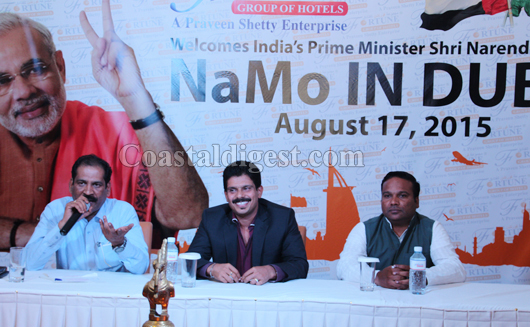
Modi is expected to land in the country on August 16, a day after the 69th Indian Independence Day, and a public event is scheduled on the second day of his visit at the Dubai Cricket Stadium. He will be the first Indian prime minister to visit the UAE after Indira Gandhi, who visited the country in 1981.
Overseas cultural BJP has announced its support to make this visit a grand success and requested its members to reach maximum number of Indians to participate and to serve as volunteers for PM's public gathering scheduled to be held at Dubai cricket stadium on August 17.
Addressing a promotion meeting on Tuesday, Chief Secretary of overseas cultural BJP Bhagesh said that after Modi became PM of India, the country earned vibrant recognition in the world. "After decades, Modi is only the second Prime Minister of India to visit the UAE," he added.
"UAE has the largest population of Indian professionals in the world. Hence it is our responsibility to make the event a great success by attending the public function in grand numbers," he said.
Overseas cultural BJP chief for Karnataka region Praveen Kumar Shetty said that overseas BJP is working from the past 10 years and more to support BJP and its visions. "We can see many differences in social and administrative areas that have taken place after the new government came to power," he added.
Even with soaring temperatures in Dubai, the organisers maintain that there is a huge interest among the Indian community and more than 18,000 people registered to attend the event within a few hours of registrations opening at the website NamoInDubai.ae. The organisers maintain that they will deploy mist fans and water dispensers to keep the attendees hydrated, with the Indian business community volunteering to meet the expenses.
Dr B R Shetty, Member of the organising committee under the Indian Community Welfare Committee (ICWC), said that they have got an overwhelming response to the public appeal for prior registration through a dedicated website. Around 18,000 people have registered online within a few hours and we expect a crowd of between 40,000 to 50,000 to attend the public event.
“An event management company has been assigned to take care of the event and the Indian Prime Minister will come to Abu Dhabi on August 16, and will leave on the night of August 17 after the public meeting,” Shetty said.
“There are many volunteers who will assist the public at the venue and I will remain there as a gate keeper and volunteer too,” he added.
It was announced in the meeting that about 35 artists will be specially flown in from India for performance at the venue, who will perform a fusion of dances from South India, some dance forms from Gujarat, Punjab and other Indian states.
According to sources, about Dh4m is being contributed for the event by an Indian businessman. Many dignitaries including UAE officials and ministers will be attending the public programme. The organisers are trying to arrange shuttle bus service from the Global Village where car parking facility is planned for the event.
Terrorism on talks’ agenda
An official source said that terrorism would be high on the talks agenda during Prime Minister Narendra Modi's visit to the UAE.
The talks are set to focus on trade, investment and security cooperation and also the large Indian diaspora. The visit is "to fill in a gap of 34 years" with the country that is home to an expatriate community of 2.6 million and touch base with them, said the sources.
"And bilaterally also, the visit is important, as it comes at a time when terrorism has become important in the region," the sources said.
On Sunday, Foreign Secretary S. Jaishankar met General Sheikh Mohamed bin Zayed Al Nahyan, crown prince of Abu Dhabi and deputy supreme commander of the UAE Armed Forces, and handed over a letter from Prime Minister Modi.
According to a statement from the external affairs ministry, Modi's official visit will be at the invitation of General Sheikh Mohamed bin Zayed Al Nahyan. Modi will also meet Sheikh Mohammed Bin Rashid Al Maktoum, vice president and prime minister of the UAE and ruler of Dubai, during the visit.
"Narendra Modi's visit is of great significance for the bilateral relations and social ties that exist between the UAE and India. We are not leaving any stone unturned to show our support and love for our homeland to our prime minister," Shamsheer Vayalil, member of the organising committee, was quoted as saying by a news agency.
"We are making all the possible efforts to ensure that the entire Indian community can become a part of this historic visit. We are hoping that this is a first of many visits by the Indian prime minister to the Emirates."
India-UAE trade crossed $59 billion in 2014-15, making the country India's third largest trading partner after China and the US.
India was the UAE's largest non-oil trading partner in 2014. Both countries signed a Bilateral Investment Promotion and Protection Agreement (BIPA) in 2013. Indians in the UAE are the largest remitters globally, and remitted $12.64 billion to their home country in 2014. India is also the third largest source of tourists travelling to the UAE.
Terrorism is causing increasing worry in the UAE, which last week announced the trial of 41 people for allegedly seeking to overthrow the government to set up an Islamic State group-style caliphate. The UAE has not witnessed the kind of Islamic State militancy that has hit other Arab states.
In July, the UAE announced the institution of an armed forces commission to supply financial and military aid to Arab allies for counterterrorism efforts. The UAE is part of the US-led coalition carrying out air strikes against the IS in Syria since September last year.
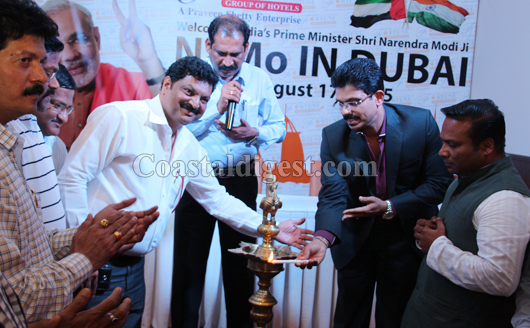
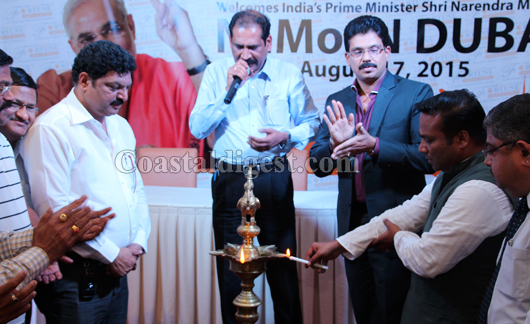
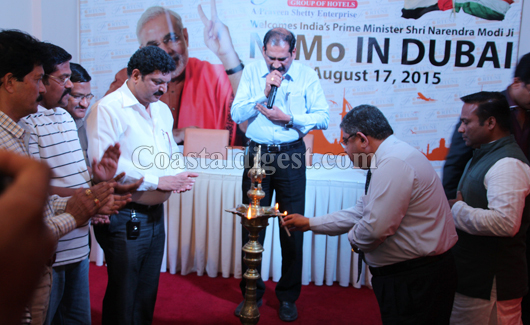
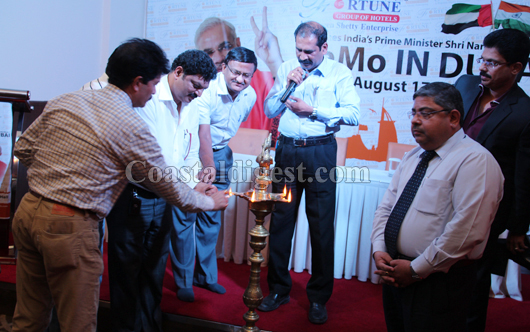
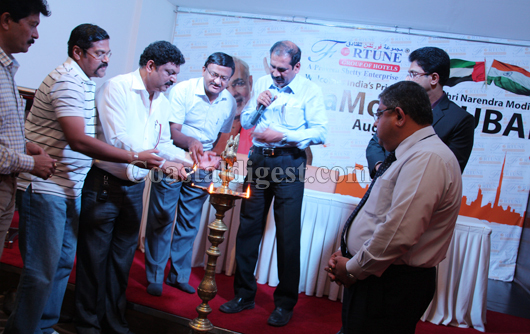
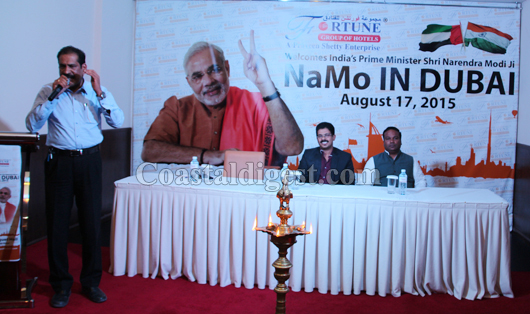
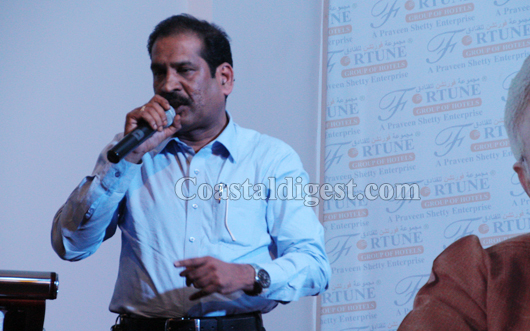
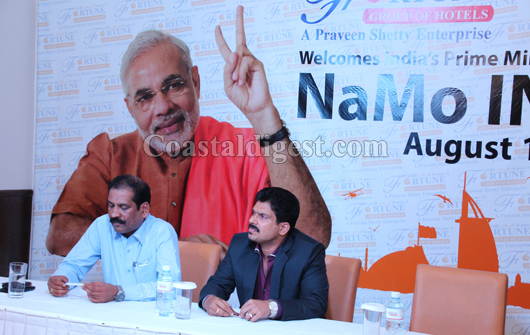
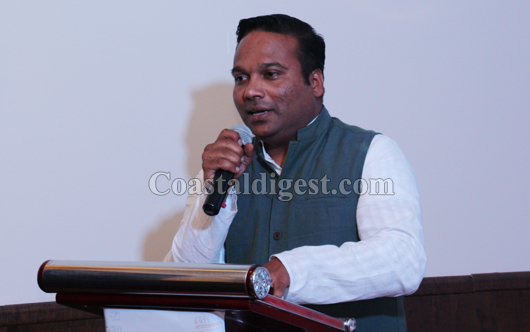
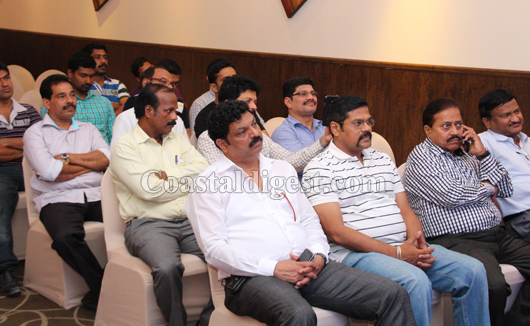
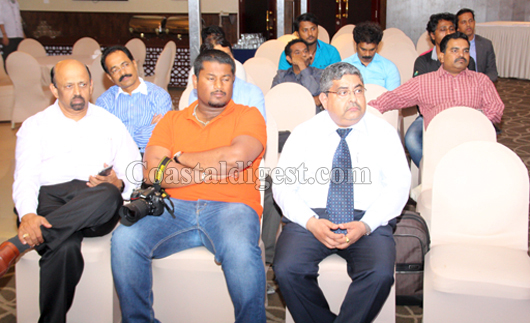
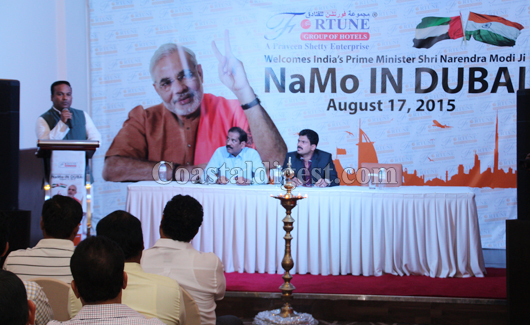
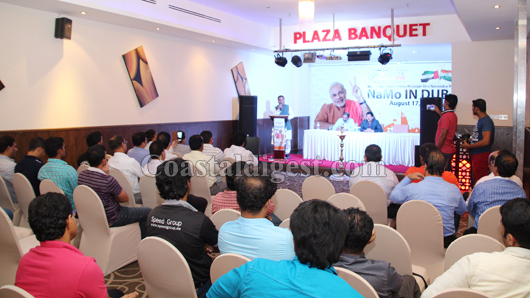
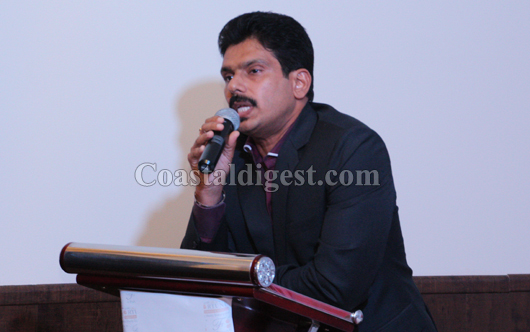
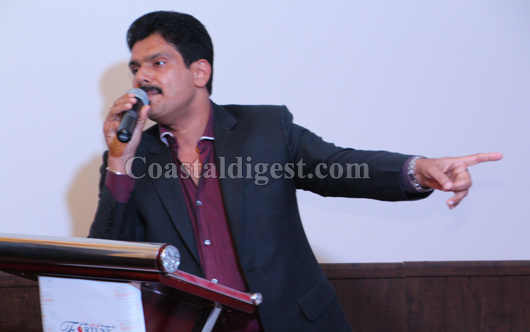
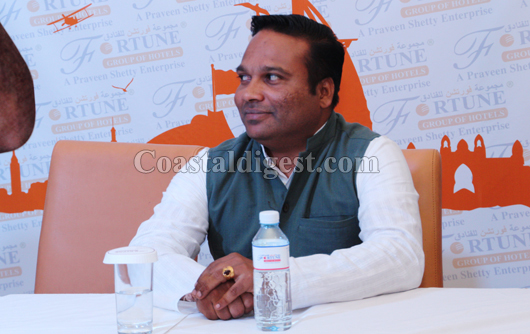
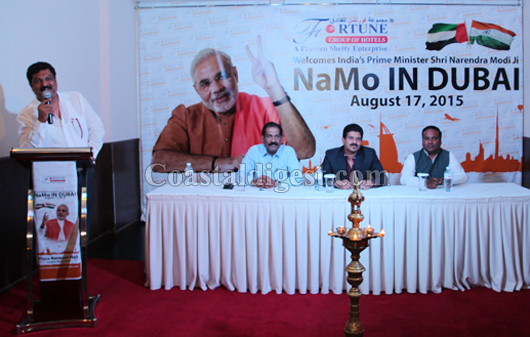
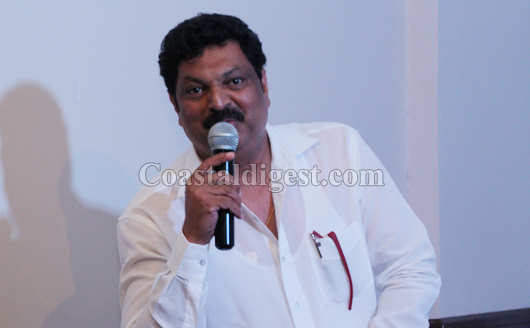
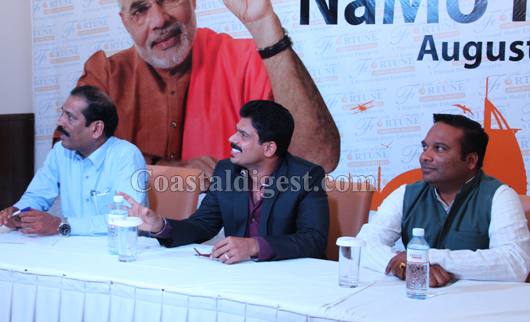
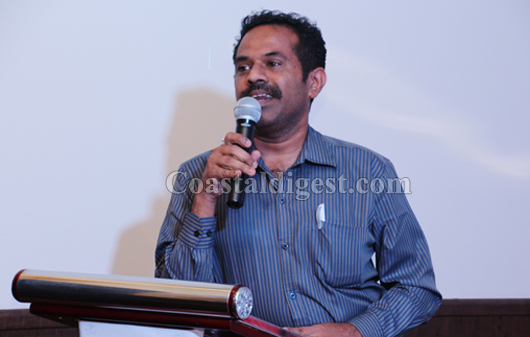
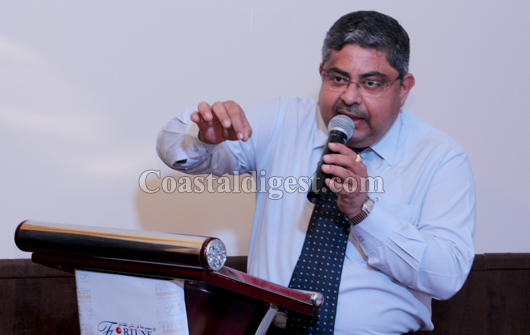
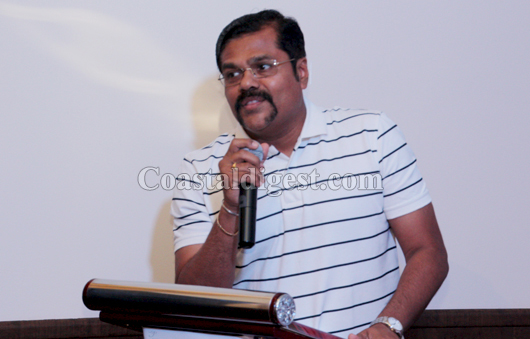
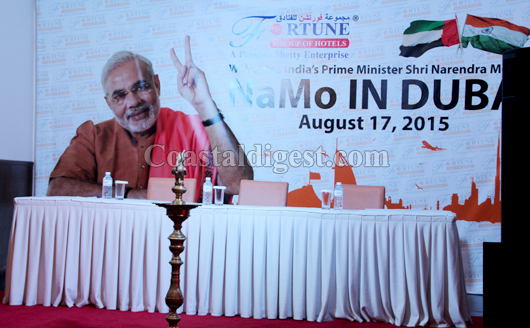






Comments
Generally I don't learn article on blogs, however I wish to say that this write-up very
forced me to try and do it! Your writing taste has been amazed me.
Thank you, very nice post.
my homepage ... octavia
vrs: https://octavia.team/profil/2-namo/
Add new comment